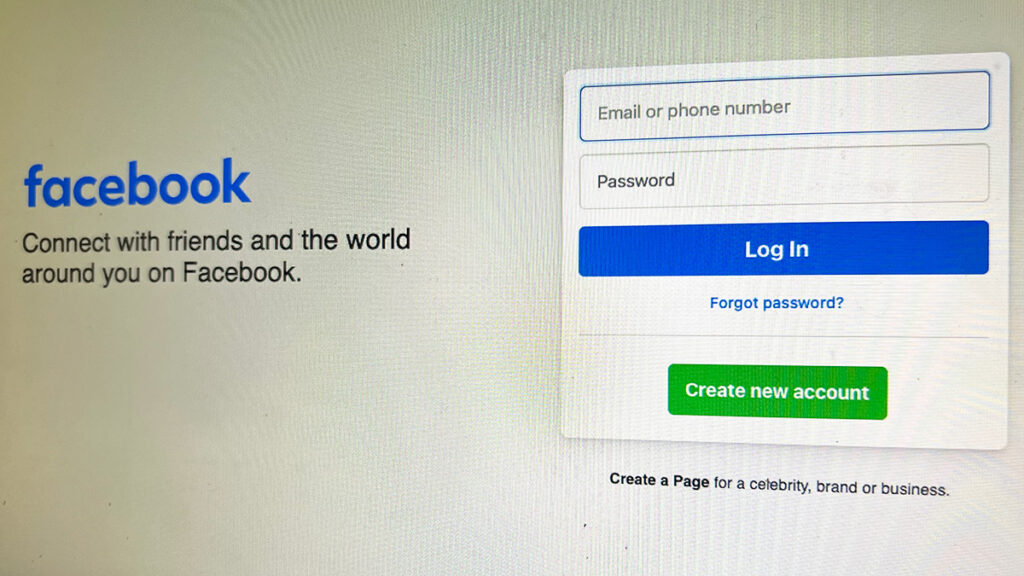The issue of Facebook friend request scams is on the rise. For roughly ten years, scammers have been impersonating individuals you might know by cloning accounts and sending fraudulent friend requests. Regrettably, many people continue to fall prey to these deceptive tactics on Facebook.
We felt the need to emphasize, using simple language to ensure everyone’s clear understanding, the perils of sending money online, especially to those who’ve only recently connected with you on Facebook.
Regardless of your relationship with them, resist handing over money or providing personal details.
Now, let’s delve into how these scams unfold. The people behind these schemes are professionals, employing manipulation tactics backed by psychology to achieve their ends.
The process typically begins with a friend request from a familiar name. After you accept, a simple message like, “How are you doing?” lands in your inbox, initiating a deceptive conversation.
The scammer’s ultimate objective is to make you part with your money. They employ techniques akin to ‘bait & switch’ to pique your curiosity by dropping lines such as, “Have you heard the good news?” When you express ignorance, they guide you to a fraudulent website promising monetary rewards.
For instance, they may speak of a government stimulus package that requires you to fill out a form on a particular site. Once you submit your details, they possess enough information to commit identity theft, leading to issues with your credit report.
Another common scam is impersonating a friend in need. They could spin a tale about a lost wallet and a dire need for money for a plane ticket home, promising to repay you. They often ask for payment via wire transfer or purchase of Google Play cards, using the card number to access the money you’ve loaded onto it.
After infiltrating your friend list, scammers may lay low for weeks, building a credible profile by adding your friends. They then clone your friend’s Facebook account and send out friend requests, hoping to trap more victims.
The growing number of mutual friends lends credibility to these fake accounts, making them seem more trustworthy. The scammers bank on your inclination to help a friend.
It’s easy to question how people fall for such scams, but it’s common, even here in Sebastian, Florida. Some scammers allure you with tales of lucrative Bitcoin investments and coax you into sharing your personal details on a fake website.
If you receive such messages from distant acquaintances, refrain from engaging in financial discussions. For closer friends, verify the information via a phone call.
How do scammers breach your Facebook account?
One method involves deceptive website links duped as Facebook, prompting you to input your username and password. Ensure that the URL in the address bar reads “facebook.com” and not some variant like “facebook.somewebsite.com.”
You could also consider hiding your Facebook friend list from those not on your friends’ list or everyone else. This step, accessible through Facebook settings, might not solve the problem entirely, but it can help deter scammers.
If a friend’s account is compromised, and if they start requesting money or directing you to suspicious websites, it’s best to verify the situation by calling them. They may be unaware their account has been hacked.
